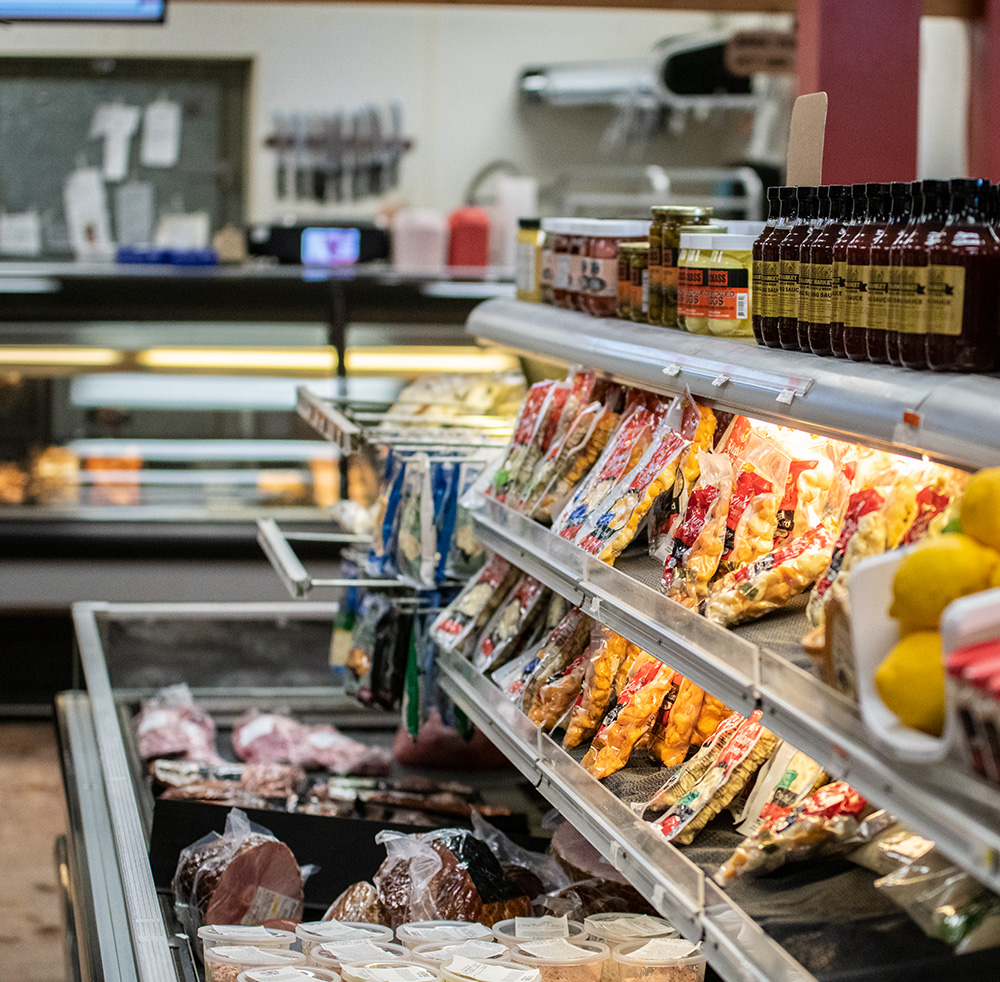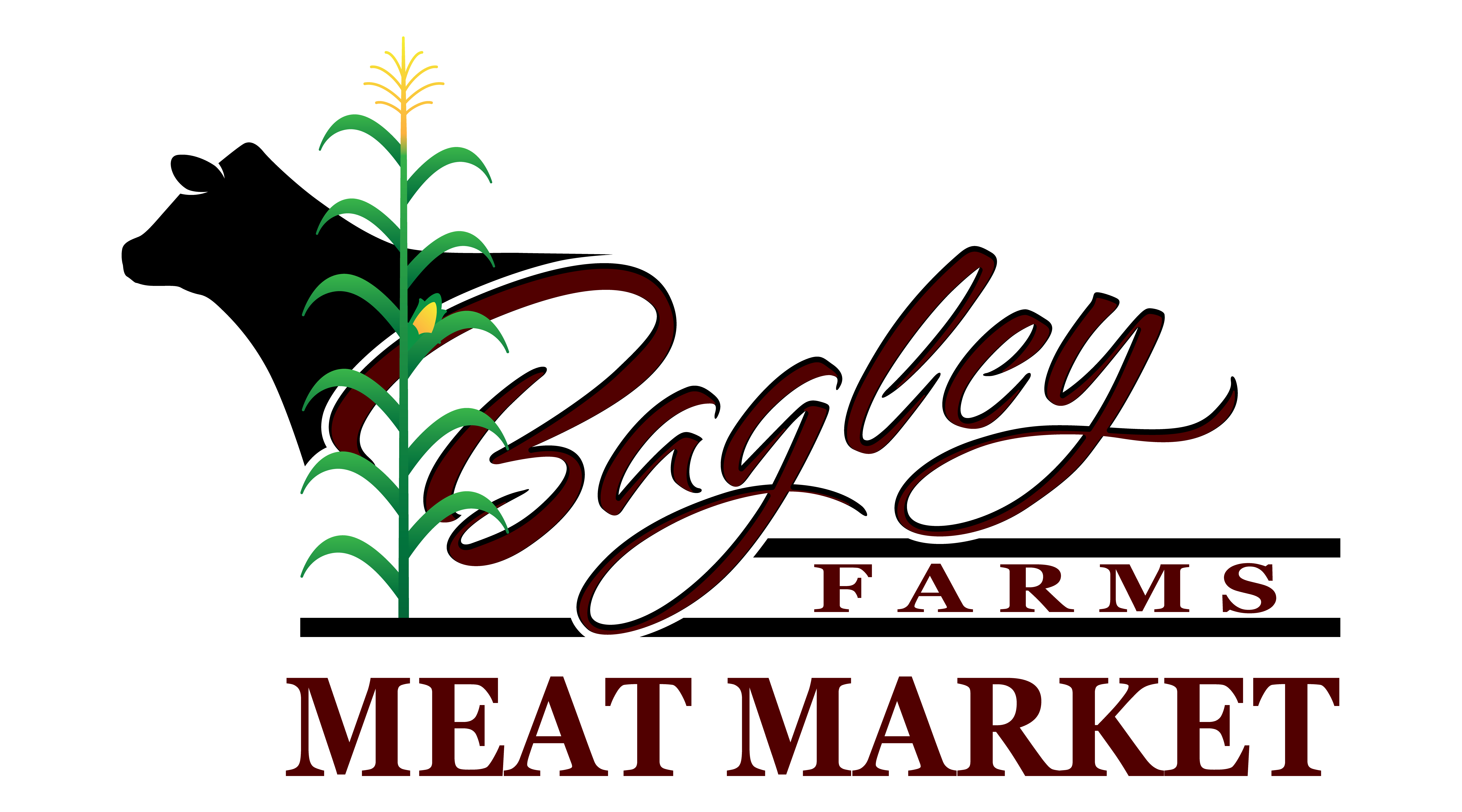Why Bagley Meat Market Edwardsville IL is the Go-To for Meat Lovers in the Area
Why Bagley Meat Market Edwardsville IL is the Go-To for Meat Lovers in the Area
Blog Article
Why Purchasing at a Local Meat Market Guarantees Fresh, High-Quality Cuts
Shopping at a regional meat market provides distinct benefits that commonly go undetected by consumers accustomed to larger retail chains. The ramifications of selecting local prolong past immediate benefits, prompting a better examination of what this selection really suggests for both customers and the regional economy.
Benefits of Local Sourcing
In the world of food procurement, the benefits of regional sourcing attract attention plainly. By buying meat from neighborhood markets, customers obtain direct access to products that are usually fresher and more savory than those located in larger, business grocery stores. Local sourcing minimizes the moment and distance food travels from ranch to table, which not just improves preference yet additionally preserves dietary worth.
In addition, local sourcing usually provides openness concerning the origins of the meat. Consumers can ask about the farming methods made use of, pet well-being standards, and whether the meat is organic or grass-fed. This details equips consumers to make educated decisions aligned with their worths.
Quality Assurance Requirements
Neighborhood meat markets frequently follow extensive quality assurance standards that make sure the products supplied meet high safety and security and quality benchmarks. These standards generally encompass different phases of the meat production process, from sourcing to managing and storage space.
First, neighborhood markets commonly establish rigid vendor criteria, ensuring that only trusted farms and producers are made use of - bagley meat market edwardsville il. This reduces the likelihood of contamination and promotes higher animal well-being requirements. Additionally, numerous neighborhood meat markets implement routine evaluations to confirm that the meat is refined under hygienic conditions, even more minimizing wellness dangers
Temperature control is an additional critical facet of quality control. Neighborhood meat markets often keep an eye on refrigeration systems to maintain optimal storage space temperatures, making certain that meat remains secure and fresh for consumption. Furthermore, the application of traceability systems allows markets to track the beginning of their products, supplying openness and liability.
Finally, staff at local meat markets are usually educated to recognize indicators of wasting and recognize correct handling techniques. This commitment to quality assurance not only raises the total criterion of the meat but also fosters consumer depend on, making neighborhood meat markets a reliable source for top notch cuts.
Sustaining Regional Farmers
Sustaining regional farmers is important for promoting a lasting food system and boosting area resilience. When customers select to patronize regional meat markets, they straight add to the resources of farmers in their region. This not only sustains the regional economic situation yet additionally strengthens the farming market, making sure that it continues to be feasible and vivid.


Moreover, supporting local farmers fosters a sense of area and connection in between manufacturers and customers. It encourages openness in food sourcing and instills trust, as clients can develop connections with the people who raise their food. This straight link eventually results in a more engaged and notified public, which is essential for promoting for lasting farming techniques in the future.
Sustainable Practices
Lasting techniques in meat markets play a vital function in advertising ecological stewardship and making sure pet welfare. Neighborhood meat markets usually prioritize sourcing their products from farms that implement lasting and moral farming methods. These practices consist of rotational grazing, which helps keep soil health and wellness and decreases carbon exhausts, alongside lessening the use of antibiotics and hormonal agents in livestock.
In addition, local meat markets commonly stress transparency in their supply chains. Consumers are provided with details relating to the origin of their meat, enabling them to make educated choices that straighten with their worths. By sustaining local farmers who practice lasting methods, customers add to the conservation of biodiversity and the reduction review of transport exhausts connected with long-distance meat distribution.
In addition, lots of regional meat markets take part in waste reduction techniques, such as using every part of the pet and advertising off-cuts that might or else go unsold. By cultivating an extra sustainable approach to meat intake, these markets not just offer high-grade products yet additionally add positively to the environment and pet well-being. In essence, shopping at a local meat market straightens consumers with a broader activity towards accountable and honest food sourcing.
Personalized Customer Support
Buying at a meat market Read Full Article frequently encompasses greater than simply the products provided; it is additionally about the experience and the relationships constructed between clients and team. Personalized customer solution is a hallmark of regional meat markets, establishing them in addition to larger grocery chains. Well-informed staff take the time to recognize individual client preferences, ensuring that each check out is customized to details demands.
Customers take advantage of professional recommendations on cuts, food preparation approaches, and prep work tips, fostering a feeling of depend on and commitment. This tailored communication permits customers to ask questions and seek referrals, leading to informed acquiring decisions. Team member typically bear in mind normal consumers and their choices, producing a welcoming environment that grows area connections.
In addition, personalized solution includes unique requests, such as custom-made cuts or certain preparation methods, which bigger stores might not suit. This degree of attention reinforces the dedication of regional meat markets to high quality and customer contentment.
Fundamentally, individualized client service not only improves the purchasing experience yet also makes sure that consumers entrust the most effective items matched to their culinary demands, making every check out a satisfying one.
Verdict
Sustaining neighborhood farmers fosters neighborhood partnerships and strengthens the regional economic climate, while lasting methods add to environmental stewardship. Furthermore, individualized consumer solution improves the buying experience, making neighborhood meat markets a preferred choice for consumers looking for both top quality and moral considerations in their food sourcing.
The implications of selecting regional expand past immediate benefits, triggering a better exam of what this selection truly indicates for both Continued customers and the neighborhood economic situation.
Supporting local meat markets also contributes to the neighborhood economic situation. Neighborhood meat markets regularly check refrigeration systems to maintain optimum storage space temperatures, making sure that meat remains fresh and safe for usage.Local farmers are frequently much more attuned to the particular needs of their communities, expanding crops and raising livestock that align with regional preferences and choices. Supporting local farmers fosters area partnerships and reinforces the local economic climate, while sustainable techniques add to environmental stewardship.
Report this page